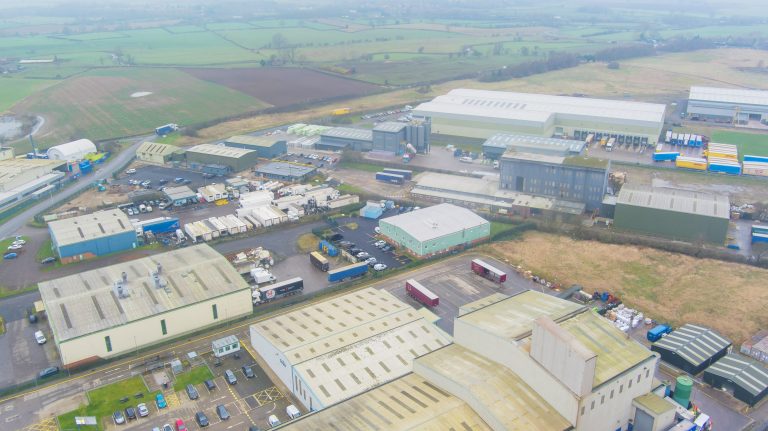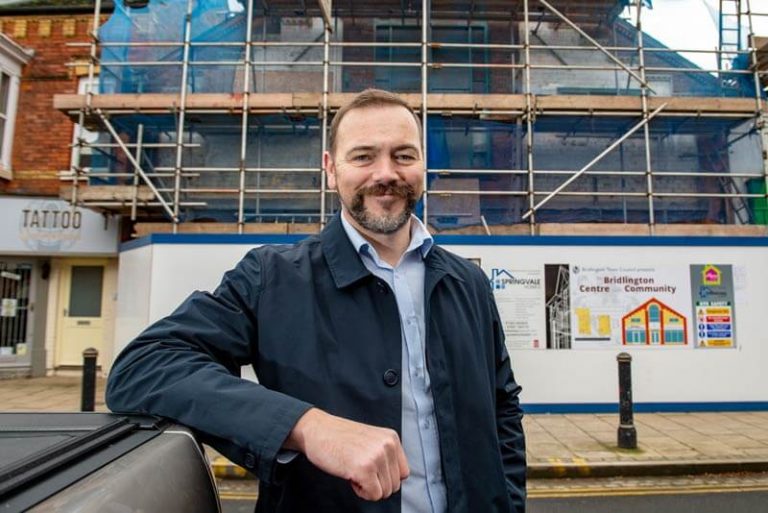Lincoln businesses backed by new initiative to tackle shoplifting
Hull-based firm invests £1m in Bedfordshire training facility
Dalton Industrial Estate gets £129,000 grant to help with 12-month decarbonising study
Yorkshire & Humber manufacturers see mixed start of the year
Yorkshire & Humber manufacturers are seeing a mixed picture as they start the year but confidence is remaining robust despite the UK economy remaining weak overall.
However, Make UK is forecasting growth for manufacturing of just 0.1% in 2024 and 0.8% in 2025 which is weaker growth than the economy overall.
The findings come in the Q4 Manufacturing Outlook survey published by Make UK and business advisory firm BDO. According to the survey, output in Yorkshire & the Humber fell in the first few months of the year. However, looking forward both output and orders are set to pick up substantially in the second quarter of the year in line with the national picture.
However, this picture is not currently being reflected in either investment intentions or recruitment, although this reflects an easing from a strong picture for both indicators last year rather than any negative pattern.
Dawn Huntrod, Region Director for the North at Make UK, said: “After the economic and political shocks of the last few years there is now strong confidence among manufacturers in Yorkshire & the Humber, despite the mixed picture. While growth in the economy is not exactly supercharged, the positive announcements in the Autumn Statement and Budget can at least allow them to plan with more certainty for the future.”
Steve Talbot, Head of Manufacturing at BDO in Yorkshire, added: “Manufacturers across Yorkshire and the Humber have continued to show their ability to overcome wave after wave of challenges, but they cannot continue to do this indefinitely without some more long-term support from the Government.
“The expected increase in output and orders in the latter half of this year is positive and in line with the overall national picture, but whatever happens over the next quarter will be critical to manufacturing businesses in the region.”
Rotherham MP bids to change the law about food traceability
Doncaster Chamber welcomes publication of reports’ potential for area’s businesses
Manufacturing conference puts innovation and sustainability under the spotlight
Innovation and sustainability were key areas of focus at the Greater Lincolnshire and Rutland Manufacturing Conference, when delegates discussed the future of a sector contributing £5.6 billion to the regional economy.












